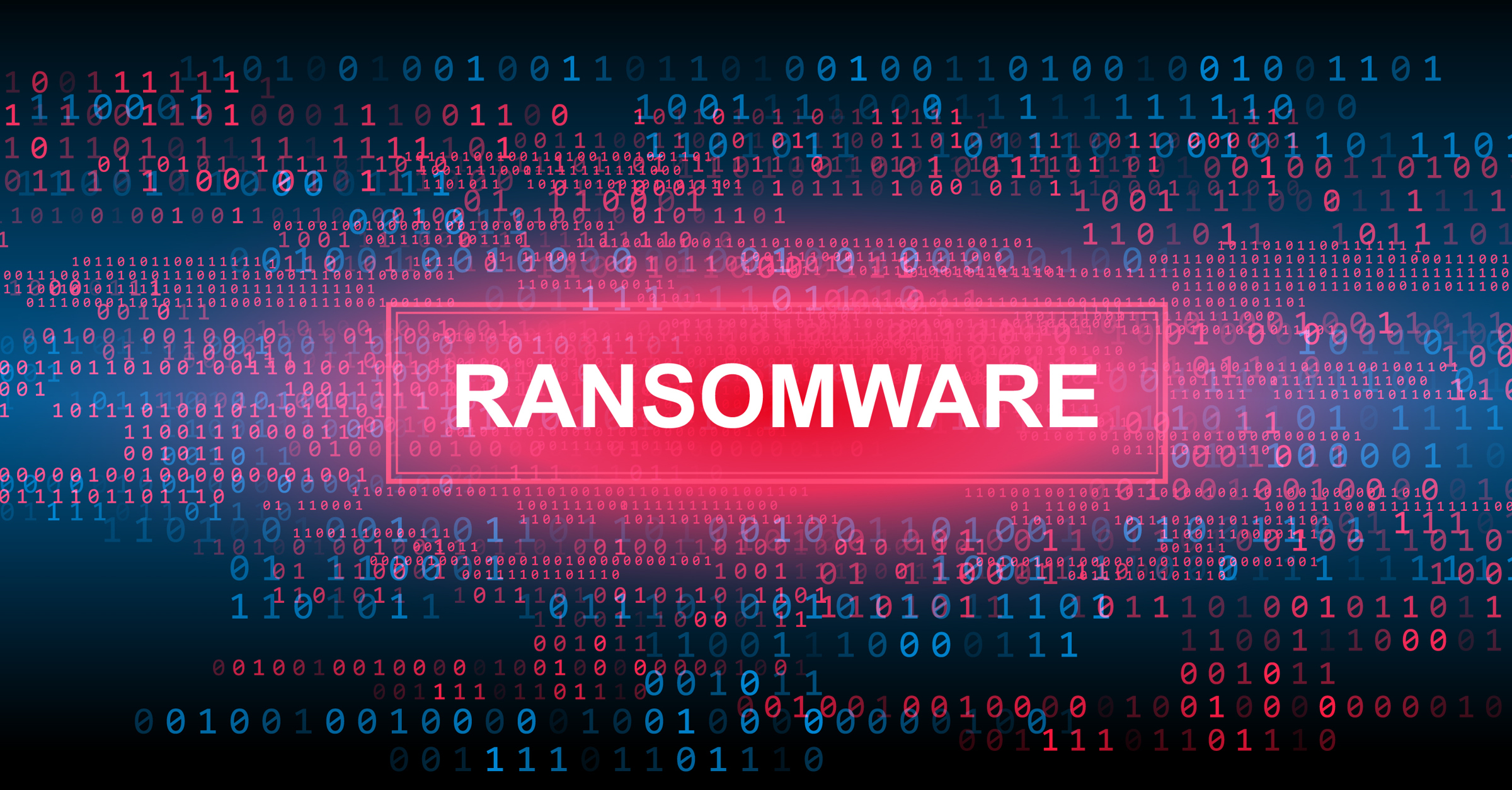Industrial Digital Transformation:
Table of Contents
ToggleThe world of manufacturing is changing rapidly. Traditionally, factories were filled with heavy machinery, manual processes, and paper-based systems. The rhythm of the factory floor was a symphony of clanging metal, whirring gears, and the scent of oil. But today, technology is transforming the way we make things. Gone are the days of isolated machines and handwritten records. Industrial digital transformation is about using digital technologies to improve efficiency, productivity, and sustainability in manufacturing. It’s about connecting machines, analyzing data, and automating processes to create a new era of smart factories. This shift is not just about streamlining operations; it’s about reimagining the entire manufacturing landscape. It’s about harnessing the power of data to make smarter decisions, optimize production, and create a more sustainable future for manufacturing.
My Experience with Industrial Digital Transformation (A Personal Story)
I remember visiting a factory a few years ago. It was a fascinating experience to see how things were made, but it also struck me how much of the process was manual and labor-intensive. There were stacks of paper forms, handwritten records, and workers manually monitoring machines. It seemed like there was a lot of room for improvement. Then I learned about industrial digital transformation. It was like a lightbulb went off! I realized that technology could be used to streamline processes, improve efficiency, and make manufacturing more sustainable.
The Key Ingredients of Industrial Digital Transformation
Industrial digital transformation involves using a range of digital technologies to improve manufacturing processes. Some of the key technologies include:
-
Internet of Things (IoT): IoT devices connect machines, sensors, and other equipment to the internet, allowing for real-time data collection and analysis. This data can be used to optimize production, monitor equipment performance, and identify potential problems.
-
Artificial Intelligence (AI): AI algorithms can analyze data from IoT devices to identify patterns and trends, predict future outcomes, and automate tasks. AI can be used to improve quality control, optimize production schedules, and even design new products.
-
Cloud Computing: Cloud computing provides a secure and scalable platform for storing and analyzing data from IoT devices. It also allows for collaboration and remote access, enabling manufacturers to connect with their operations from anywhere in the world.
-
Big Data Analytics: Big data analytics tools can process large amounts of data from IoT devices to identify trends, patterns, and insights that can be used to improve decision-making. This data can help manufacturers understand customer demand, optimize production processes, and identify areas for improvement.
-
Cybersecurity: As factories become more connected, cybersecurity becomes increasingly important. Manufacturers need to invest in robust cybersecurity measures to protect their data and systems from cyberattacks.
Benefits of Industrial Digital Transformation
Industrial digital transformation offers a number of benefits for manufacturers, including:
-
Increased Efficiency: Digital technologies can automate tasks, streamline processes, and reduce waste, leading to increased efficiency and productivity.
-
Improved Quality: Data analytics and AI can be used to monitor quality control and identify potential problems, leading to higher quality products and fewer defects.
-
Enhanced Sustainability: Digital technologies can be used to optimize energy consumption, reduce waste, and improve resource utilization, leading to more sustainable manufacturing practices.
-
Faster Time to Market: Digital technologies can help manufacturers to design, develop, and launch new products faster, allowing them to respond more quickly to market demands.
-
Better Decision-Making: Data analytics can provide manufacturers with valuable insights that can help them to make better decisions about everything from production planning to product development.
The Future of Manufacturing: Embracing Digital Transformation
Industrial digital transformation is not just a trend; it’s the future of manufacturing. Manufacturers who embrace these technologies will be better positioned to compete in the global marketplace, improve their efficiency and sustainability, and create new opportunities for growth. The factory floor is becoming more connected, more intelligent, and more efficient, and it’s an exciting time to be part of this transformation.
The Factory Floor Goes Digital
The whirring of machinery, the clang of metal, the smell of oil – these are the hallmarks of the traditional factory floor. But the world of manufacturing is changing rapidly, and the factory of the future is a very different place. Gone are the days of paper-based systems, manual processes, and isolated machines. Today, digital technologies are transforming the way we make things, ushering in a new era of efficiency, productivity, and sustainability. Welcome to the age of industrial digital transformation.










